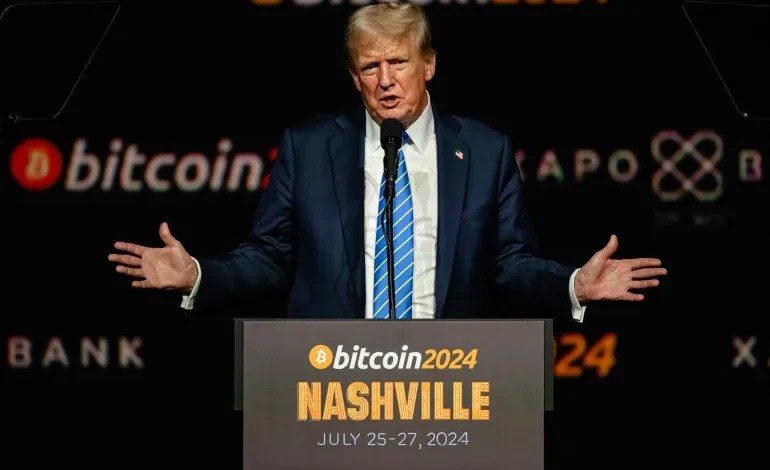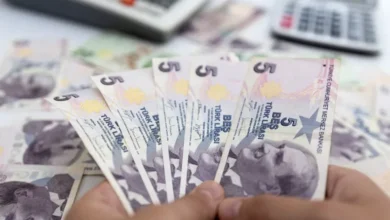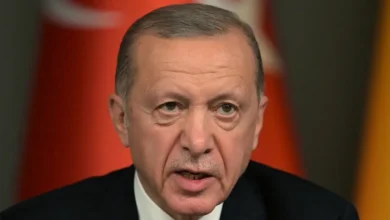Governments and banks once mocked Bitcoin. Now they want in on it

Bitcoin has proven to be one of the best-performing assets in modern history.
The value of the cryptocurrency has increased some 1,000 times over the past decade, far outpacing US stocks and real estate.
Buoyed by United States President-elect Donald Trump’s crypto-friendly stance, Bitcoin’s record rally hit a new high of $107,000 on Monday after the Republican reiterated his intention to create a Bitcoin strategic reserve.
Bitcoin, the first decentralised digital currency, was invented by the pseudonymous figure Satoshi Nakamoto in the wake of the 2007-2008 global financial crisis.
Nakamoto introduced the blockchain system – a digital ledger that stores transactions in a network of computers – to enable anyone to make financial transactions without the involvement of banks, financial firms or governments.
Once widely derided as a speculative asset with no intrinsic value, Bitcoin is being taken increasingly seriously by governments, financial institutions and investors alike.“The IMF has put very firm anti-crypto political guidelines into place when negotiating with countries that might require its own assistance. It’s gone from being an academic question to a practical, real one and one that central banks are taking very seriously now,” Sobrado told Al Jazeera.
In January, the US Securities and Exchange Commission (SEC) approved Bitcoin ETFs (exchange-traded funds), allowing investors to have exposure to the asset on the stock exchange for the first time.
In an October report, the US Department of the Treasury referred to Bitcoin as “digital gold”, noting its use as a store of value.
A number of countries have made big bets on the cryptocurrency.
El Salvador has accumulated some $600m worth of Bitcoin reserves and is one of just a handful of countries, along with the Central African Republic, that accepts the asset as legal tender.
Other countries, including the US and the United Kingdom, have acquired large holdings of Bitcoin through the seizure of assets implicated in criminal activity.
The US has seized at least 215,000 Bitcoins, valued at almost $21bn at current prices, since 2020, according to an analysis by crypto firm 21.co.
With Trump returning to the White House, Bitcoin supporters are hopeful that cryptocurrencies will gain unprecedented legitimacy after years of government-led crackdowns on the sector.
Despite once labelling Bitcoin “a scam”, Trump has emerged as arguably the world’s most powerful advocate for the asset.










